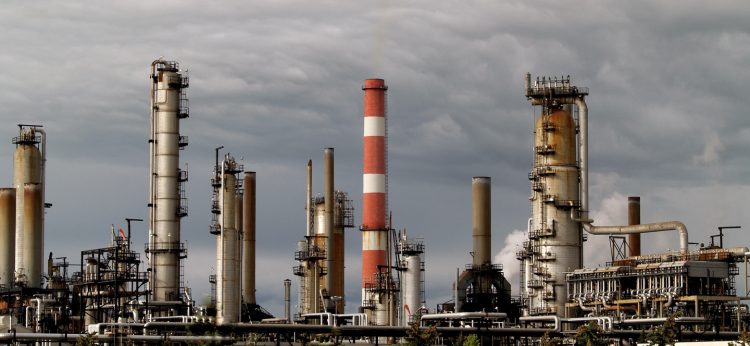
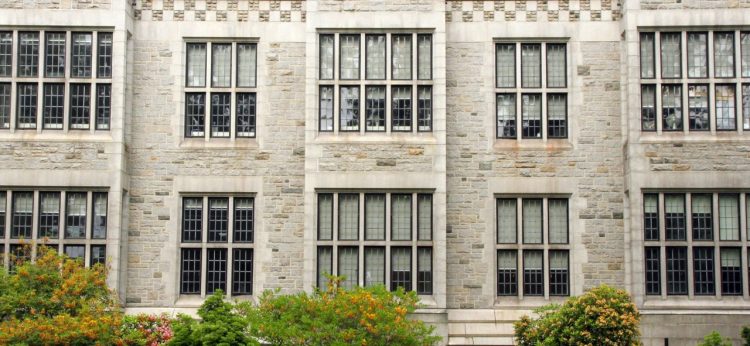
The Canadian Association of Petroleum Producers (CAPP) is Canada’s largest and most powerful oil and gas industry association. Its members produce 80 per cent of Canada’s natural gas and crude oil.1 CAPP consolidates industry expertise and defines and advances the interests of the oil and gas sector in Canada.
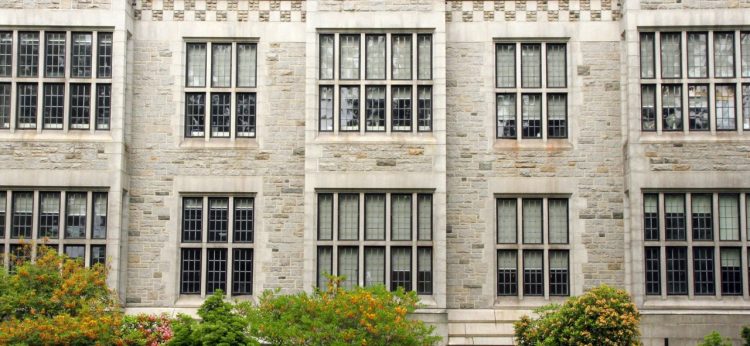
The Fraser Institute is a right-wing free-market think tank based in Vancouver, with offices in Calgary, Toronto and Montréal. In pursuing its mission to “improve the quality of life for Canadians,”2 the Institute advocates for neoliberal economic policies through its in-house research and media commentary activities. Its materials are authored by academic researchers across North America, on topics ranging from state–Indigenous relations to conservative economics.
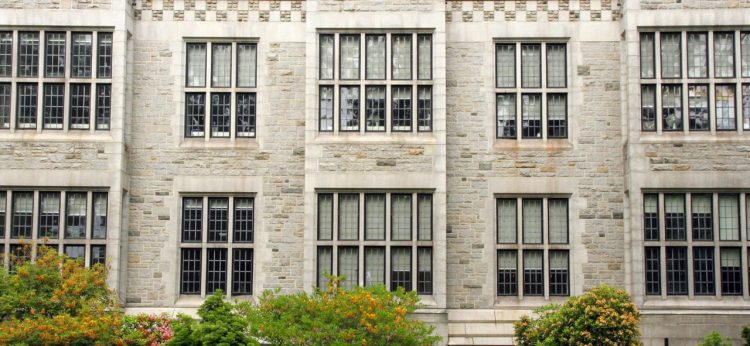
The Macdonald-Laurier Institute (MLI) is a right-wing think tank based in Ottawa. Founded in 2010, MLI is one of Canada’s youngest think tanks. MLI claims to be “the only non-partisan, independent public policy think tank in Ottawa focusing on the full range of issues that fall under the jurisdiction of the federal government.”3 Its political ties and the materials it produces suggest MLI is a key source of conservative ideas.
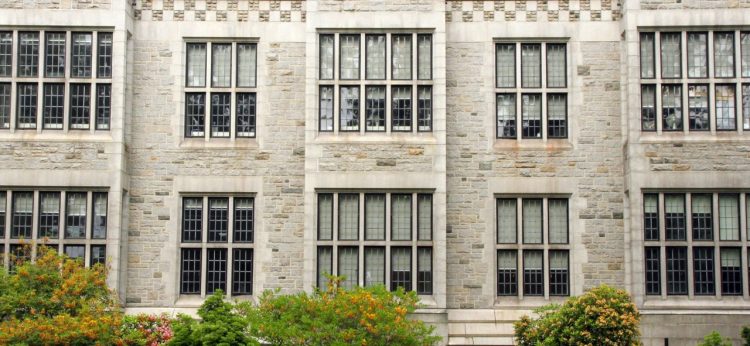
The Business Council of Canada (BCC) is one of Canada’s most powerful corporate advocacy organizations. Its members are CEOs representing over 150 major corporations. The BCC promotes neoliberal policies (including free trade agreements, corporate tax cuts, deregulation and austerity) and has played an influential role in public policy going back to the 1970s. It was formerly known as the Canadian Council of Chief Executives and the Business Council on National Issues.
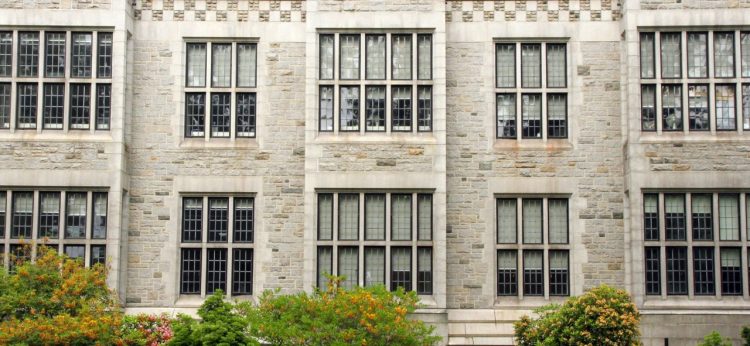
The Energy Council of Canada (ECC) convenes energy interests throughout the country, providing a networking platform of executives in corporate and government spheres intent on influencing policy decisions. The ECC acts as the Canadian arm of the World Energy Council (WEC)—one of the world’s largest and longest running energy organizations.
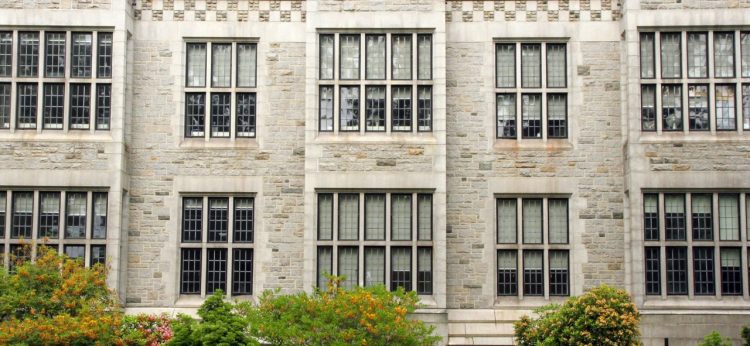
The Canada West Foundation is a think tank focused on public policy issues in Western Canada. It was established in 1970 following a conservative political summit in Lethbridge, Alberta, and eventually became the ideological testing ground for Canada’s Reform Party—the right-wing populist party led by Preston Manning until 2000.4
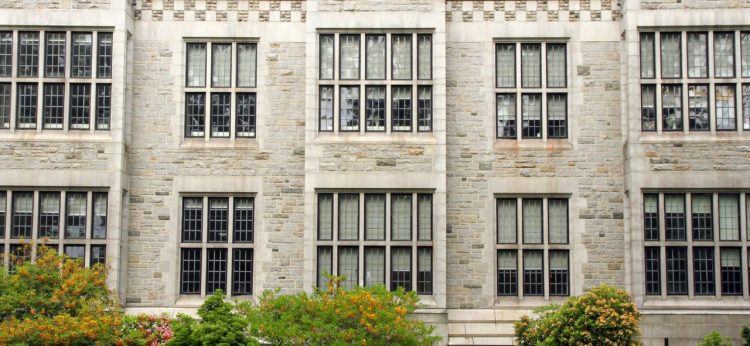
Funded by Canada’s largest oil sands companies, Canada’s Oil Sands Innovation Alliance (COSIA) operates as a networking and funding hub for academics, oil sands producers and government intent on researching methods to lessen the ecological impacts of oil sands development. Described by one pundit as “crowdsourced problem solving for the oilsands,5 it currently funds 308 active projects, totalling $545 million.6 COSIA, Project Portfolio 2017: Improving Environmental Performance through Open Innovation, https://www.cosia.ca/sites/default/files/attachments/2017-COSIA-Project-Portfolio.pdf.
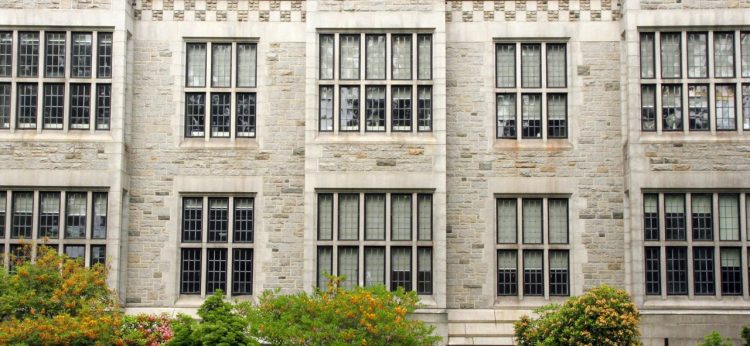
The Canadian Energy Pipeline Association (CEPA) is an industry association representing 97 per cent of Canada’s oil and natural gas pipeline companies, making it a key legitimator. The total volume of fossil fuels moved by CEPA members is immense, amounting to 1.2 million barrels of liquid petroleum products and 5.4 trillion cubic feet of natural gas in 2013.7 Its members include several of our Top 50, including Enbridge Pipelines Inc., ATCO Pipelines, TransCanada Pipelines Ltd. and Trans Mountain Corporation.
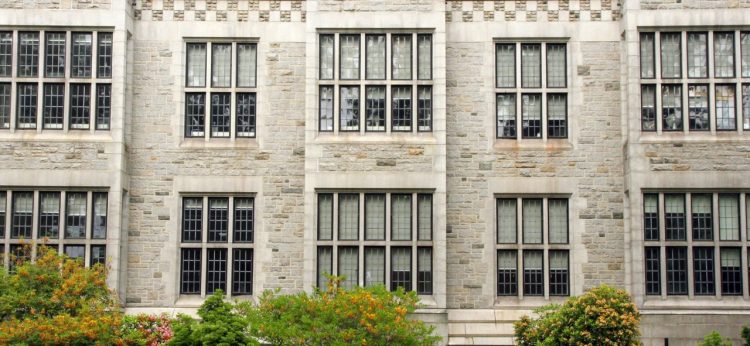
The Fraser Institute is a right-wing free-market think tank based in Vancouver, with offices in Calgary, Toronto and Montréal. In pursuing its mission to “improve the quality of life for Canadians,” 8 the Institute advocates for neoliberal economic policies through its in-house research and media commentary activities. Its materials are authored by academic researchers across North America, on topics ranging from state–Indigenous relations to conservative economics.
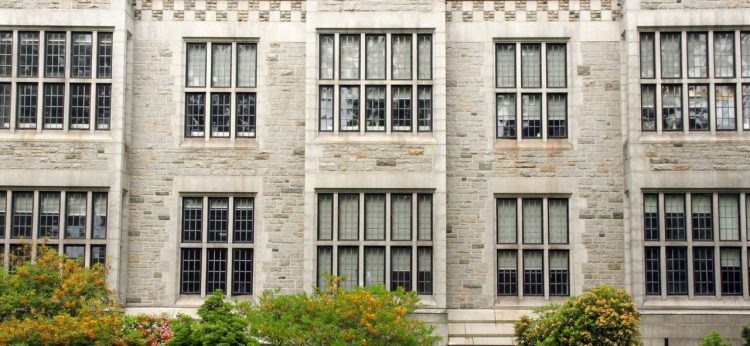
Resource Works is a research and advocacy organization aiming to promote the value of “responsible resource development in British Columbia.” 9 It produces reports, news commentaries and videos promoting various forms of resource development in Canada.
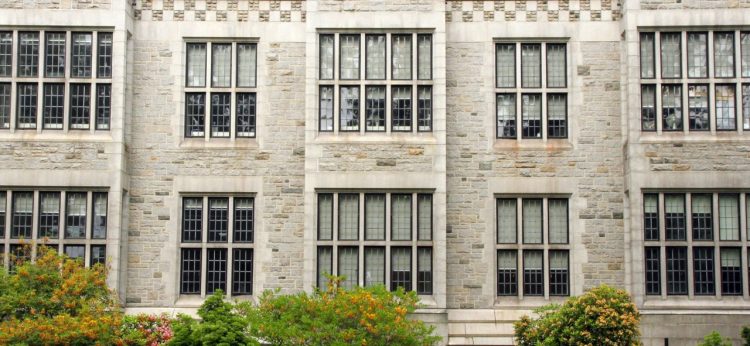
The Rebel Media is a web-based media organization and promoter of far-right extremism in Canada and internationally, and an avid supporter of a fossil-fuel-based economy.





